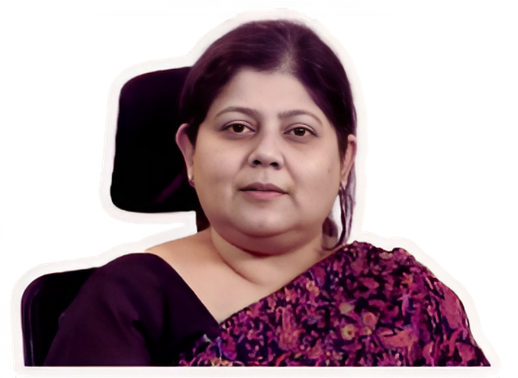Accurate Diagnoses Drive Improved Treatment Results
Seeking a second opinion in cancer treatment is crucial for several reasons:
1. Diagnosis Confirmation: Diagnosing cancer, particularly types like neuroendocrine tumors and prostate cancer, can be intricate and sometimes ambiguous. A second opinion helps verify the diagnosis, ensuring that the treatment plan is based on accurate information.
2. Treatment Options Exploration: Oncologists may have different treatment approaches. Seeking a second opinion can reveal additional options, including alternative therapies, new clinical trials, or advanced treatments that were not initially considered.
3. Specialized Expertise: Consulting a specialist in neuroendocrine tumors or prostate cancer can offer unique insights and expertise that might not be available from a general oncologist. Specialists are often well-versed in the latest research and treatment protocols.
4. Avoiding Over- or Under-Treatment: A second opinion can help prevent both over-treatment and under-treatment, ensuring that the recommended treatment is necessary and appropriate for the specific cancer type and stage.
5. Re-evaluation of PET Scan Images: Dr. Ishita B Sen, with over 30 years of experience in Nuclear Medicine Therapy and Nuclear Oncology Imaging, can provide expert reevaluation of PET scan images. This ensures that imaging results are interpreted accurately, which is critical for precise diagnosis and treatment planning.
6. Boosting Confidence: Knowing that another expert has reviewed your case can provide reassurance and confidence in your treatment plan, aiding in making well-informed decisions about your health.
7. Enhancing Outcomes: Research indicates that second opinions can lead to changes in diagnosis or treatment plans, potentially improving patient outcomes. Access to multiple perspectives can result in a more comprehensive and effective treatment strategy.
In summary, seeking a second opinion for cancer treatment, including neuroendocrine tumors and prostate cancer, is a crucial step that can lead to a more accurate diagnosis, a wider range of treatment options, and ultimately, better patient outcomes.
Meet Dr. Ishita B Sen
Dr. Ishita B. Sen is a distinguished expert in Nuclear Medicine and Molecular Imaging, currently serving as the Director and Head of the Department at Fortis Memorial Research Institute (FMRI) in Gurugram, India. She has over 30 years of experience in this field, making significant contributions to the diagnosis and treatment of various cancers, particularly through advanced imaging techniques such as Positron Emission Tomography (PET) and radionuclide therapy.
Dr. Sen completed her medical education at Lady Hardinge Medical College and received specialized training in the medical management of thyroid cancer at Memorial Sloan Kettering Cancer Centre in New York, as well as in Myocardial SPECT Imaging in Beijing, China. Her areas of expertise include PET-guided interventional procedures, molecular imaging of tumor cell proliferation, perfusion, apoptosis, and glycolytic metabolism.
Dr. Ishita B. Sen is a distinguished expert in Nuclear Medicine and Molecular Imaging, currently serving as the Director and Head of the Department at Fortis Memorial Research Institute (FMRI) in Gurugram, India. She has over 30 years of experience in this field, making significant contributions to the diagnosis and treatment of various cancers, particularly through advanced imaging techniques such as Positron Emission Tomography (PET) and radionuclide therapy.
Consult Dr Ishita B Sen


Get in
touch with
us
Disclaimer: This information is intended for general knowledge and informational purposes only, and does not constitute medical advice. Please consult with a qualified healthcare professional for any medical concerns or treatment decisions.